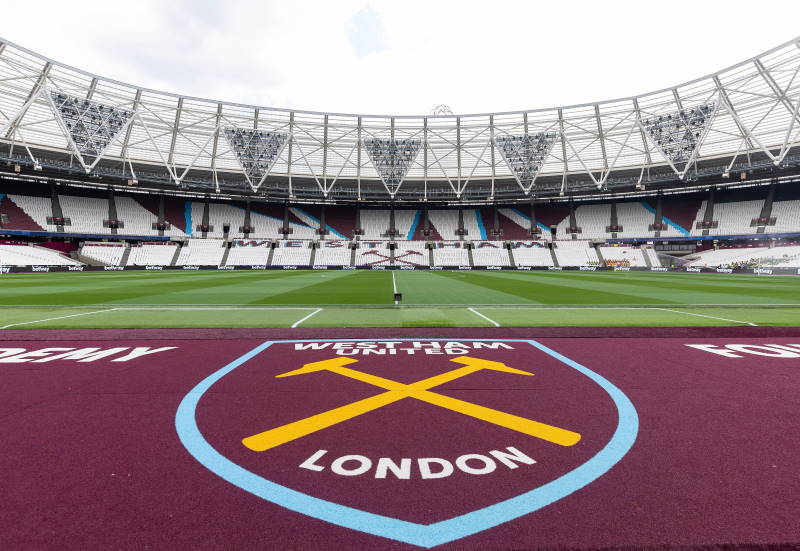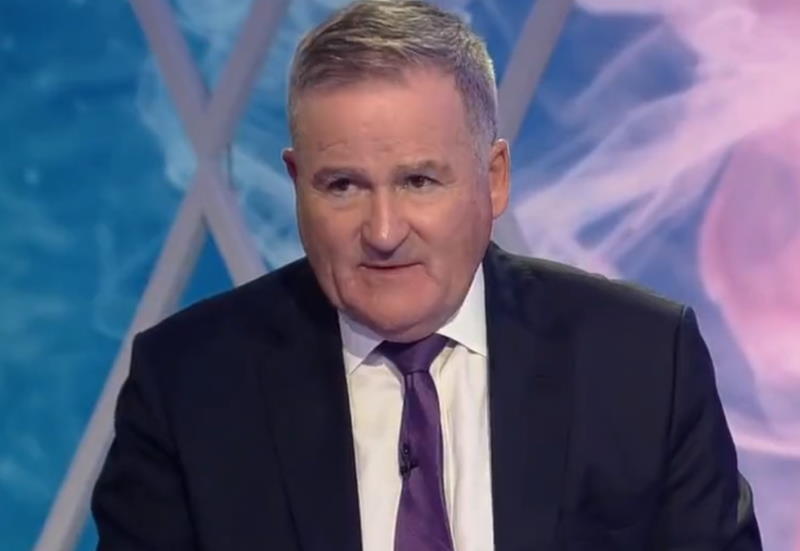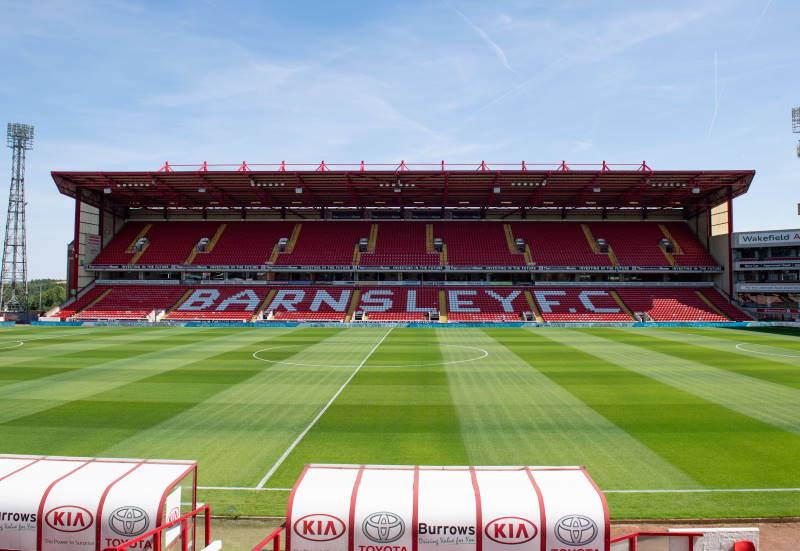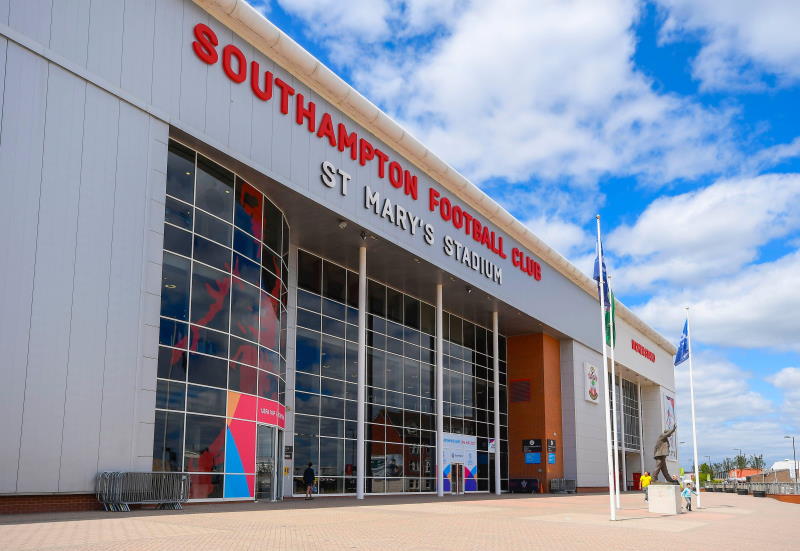
Crystal Palace boss George Burley is the latest managerial casualty in the Npower Championship and joins former Burnley manager, Brian Laws, and Preston North End supremo, Darren Ferguson, at the end of the proverbial dole queue.
All three have paid the price for the underperformance of their respective teams and this season alone, there have been nine managerial changes in England’s second tier, the Championship, more than any other league in the country.
Steve Coppell was the first manager to leave his post, resigning from Bristol City in August after a miserable start to the season. Kevin Blackwell followed soon after, with Sheffield United deciding to part company with the former Leeds United and Luton Town boss.
In September, Nigel Adkins called time on his stay as the most successful manager in Scunthorpe United’s history by moving down to League One and the South Coast with Southampton.
Former Juventus star Paulo Sousa was relieved of his managerial duties at Leicester City after less than three months in the job and Gordon Strachan also found himself out of work after agreeing to leave Middlesborough following a prolonged spell of poor form.
Gary Speed, who had replaced Kevin Blackwell at Sheffield United, decided to leave Bramall Lane to take the job as head coach of the Welsh national team, leaving the Blades looking for their third manager of the season; they have since appointed former player Micky Adams, who left fourth tier Port Vale, where he had suffered just 19 losses in 81 games, as their new boss.
And, as 2011 began, Championship clubs continuing in their free-firing ways, with Burley and Laws being handed their P45s.
The Npower Championship is usually a division for managerial stability, so why has there been such a shift in culture this season?
Usually the league, while close, separates out come Christmas and it becomes clear who will be pushing for promotion, the playoffs and those who must prepare for the fight against relegation.
So far, this has failed to happen in the 2010/11 campaign, with the point gap between sixteenth-placed, Barnsley, and sixth-placed, Watford, being just six points at the time of writing. Even bottom club Preston are only two wins away from getting out of the relegation zone.
There is also currently a four-way fight for the second automatic promotion place. Due to the lack of any "big clubs" running away with promotion this season, the Championship is witnessing the most wide-open competition it has ever seen.
Clubs realise that if they can find consistency they could be in the Promised Land of the Premier League next season. The consideration of more cash from the top flight has also made staying in the Championship all the more important to clubs and goes a long way towards explaining the actions of club directors.
What managers will want to know is: is this a freak occurrence or a sign of things to come for the division? The answer is both.
The teams currently in the relegation dogfight in the Premier League, if relegated, would have the necessary resources and platforms to mount a sustainable bid for an immediate return, which should help clubs just promoted to the Championship to curb their ambitions.
However, when parachute payments start to play a larger role in the division in a few seasons time, it will change the complexion of the league and the drive to gain promotion to the "El Dorado" of the Premier League will become all the more fierce. It seems life as a manager in the Championship will continue to be a high-risk occupation.













